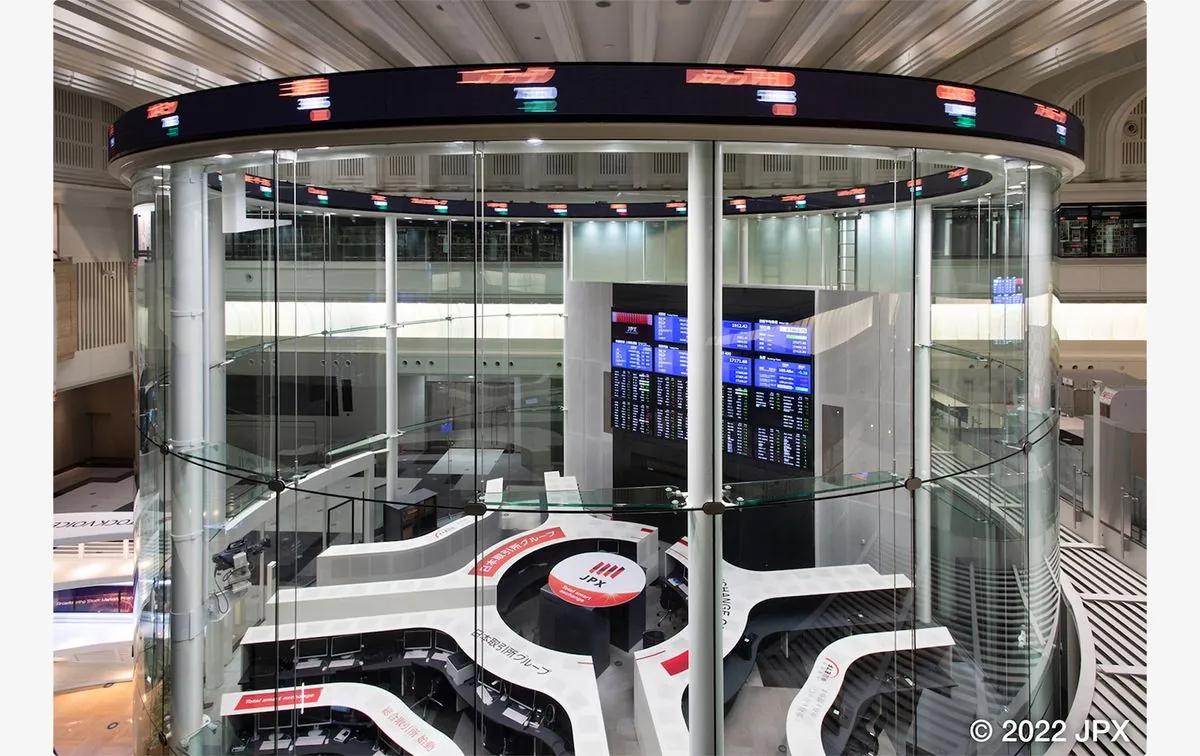In a day of mixed financial performances across Asia, Japan's Nikkei 225 experienced a slight decline of 0.1%, settling at 36,192.93. This downturn came despite initial optimism following the announcement that Prime Minister Fumio Kishida would not seek re-election as head of the ruling Liberal Democratic Party (LDP).
The LDP, which has been Japan's dominant political party since 1955, controls the majority in the lower house of parliament, responsible for selecting the nation's leader. Kishida's decision to step down has sparked speculation about potential successors, with attention turning to younger politicians like Shinjiro Koizumi, son of former Prime Minister Junichiro Koizumi.
"We must show the Liberal Democratic Party will change. This will be the first step that will demonstrate that clearly."
This potential shift towards younger leadership marks a significant departure from Japan's tradition of elderly prime ministers, with the average age at appointment historically being over 60.
Meanwhile, U.S. markets demonstrated robust performance, with the S&P 500 jumping 1.7%, marking its third-best day of 2024. This rally was fueled by better-than-expected economic reports, particularly regarding wholesale inflation. The Dow Jones Industrial Average, established in 1896 as the second-oldest U.S. market index, rose by 408 points, while the Nasdaq composite gained 2.3%.
The positive economic data has reinforced expectations that the Federal Reserve, the U.S. central bank founded in 1913, may ease its stance on high interest rates. Treasury yields, reflecting returns on U.S. government debt obligations, eased following the inflation data.
In corporate news, Starbucks, the coffee chain founded in 1971 in Seattle, saw its stock soar 24.5% after announcing Brian Niccol as its new CEO. Conversely, Chipotle Mexican Grill, founded in 1993 in Denver, experienced a 7.5% drop as Niccol departed his role there.
Investors are now anticipating further economic indicators, including the U.S. Consumer Price Index (CPI), a key measure of inflation published monthly by the Bureau of Labor Statistics, and retail spending data.
In the energy sector, benchmark U.S. crude rose to $78.85 a barrel, while Brent crude, a major trading classification serving as a global oil price benchmark, reached $81.13 a barrel.
Currency markets saw minimal movement, with the U.S. dollar slightly decreasing against the Japanese yen, which has been Japan's official currency since 1871. The euro, introduced as physical currency in 2002, remained stable at $1.0994.
As global markets continue to navigate economic uncertainties, the interplay between political shifts, corporate changes, and economic indicators remains crucial for investors and policymakers alike.
